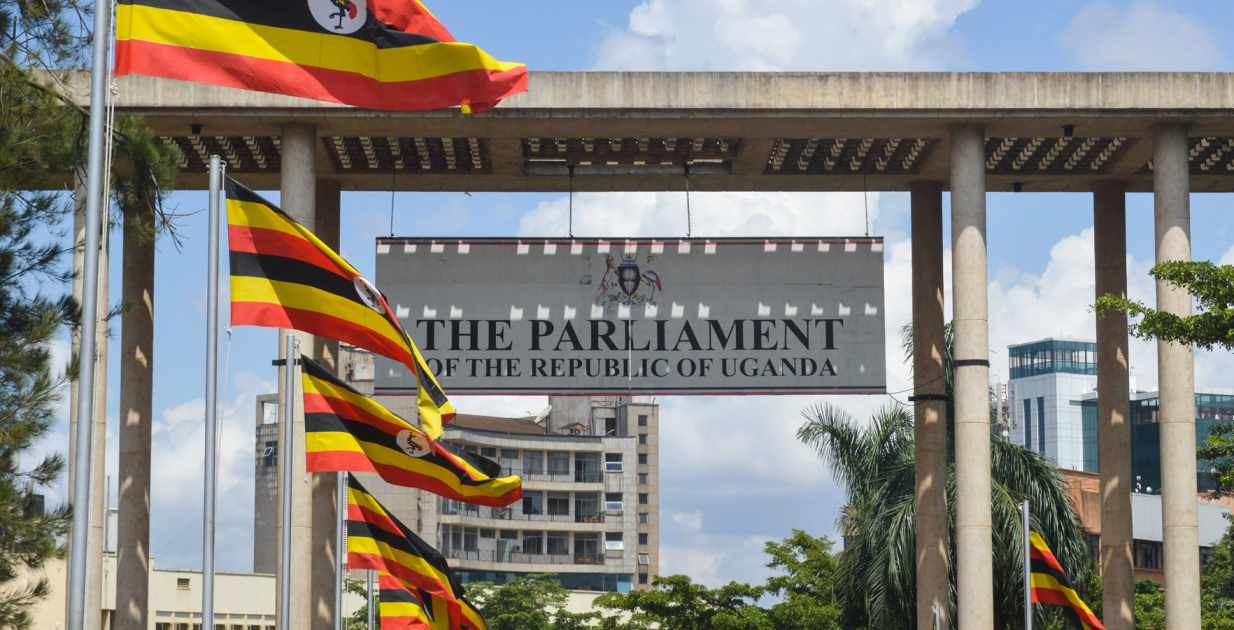Uganda has introduced a new Bill aimed at tightening oversight of medicines, medical devices, nutritional supplements, and cosmetics, marking the first time the latter would be regulated.
The National Drug and Health Products Authority Bill, 2025, was presented to parliament on 4 September by Minister of State for Health Anifa Kawooya.
The legislation seeks to replace the National Drug Policy and Authority Act of 1993 with a modern regulatory framework designed to safeguard public health.
The proposed law would establish the National Drug and Health Products Authority, tasked with supervising the manufacture, registration, and distribution of drugs, overseeing clinical trials, and regulating medical devices.
It also targets illegal facilities, vaccine releases, drug recalls, sunscreens, and other health products.
In her remarks to parliament, Kawooya emphasized the need for reform, stating: “The 1993 law is outdated. With new technologies, evolving health professions, and World Health Organisation (WHO) standards, our regulatory framework must modernise.” She added, “Our citizens face risks from unregulated drugs, cosmetics, and devices. This Bill equips Uganda to regulate, test, and recall harmful products, safeguarding public health.”
The Bill also outlines stricter penalties for non-compliance. According to Parliament Watch Uganda, corporate offenders could face fines of up to UGX 100 million (Sh3.8 million), while individuals could be fined up to UGX 60 million (Sh2.2 million) or face imprisonment for up to five years.
In related regulatory developments, cross-border mergers within the East African Community will require review by the East African Community Competition Authority starting 1 November.
Additionally, the Court of Appeal of Uganda recently ruled that companies do not need to be registered in Uganda to file lawsuits, further shaping the country’s business and regulatory landscape.
The Bill represents a comprehensive effort to modernize Uganda’s health product regulation, strengthen public protection, and align local laws with international standards.

